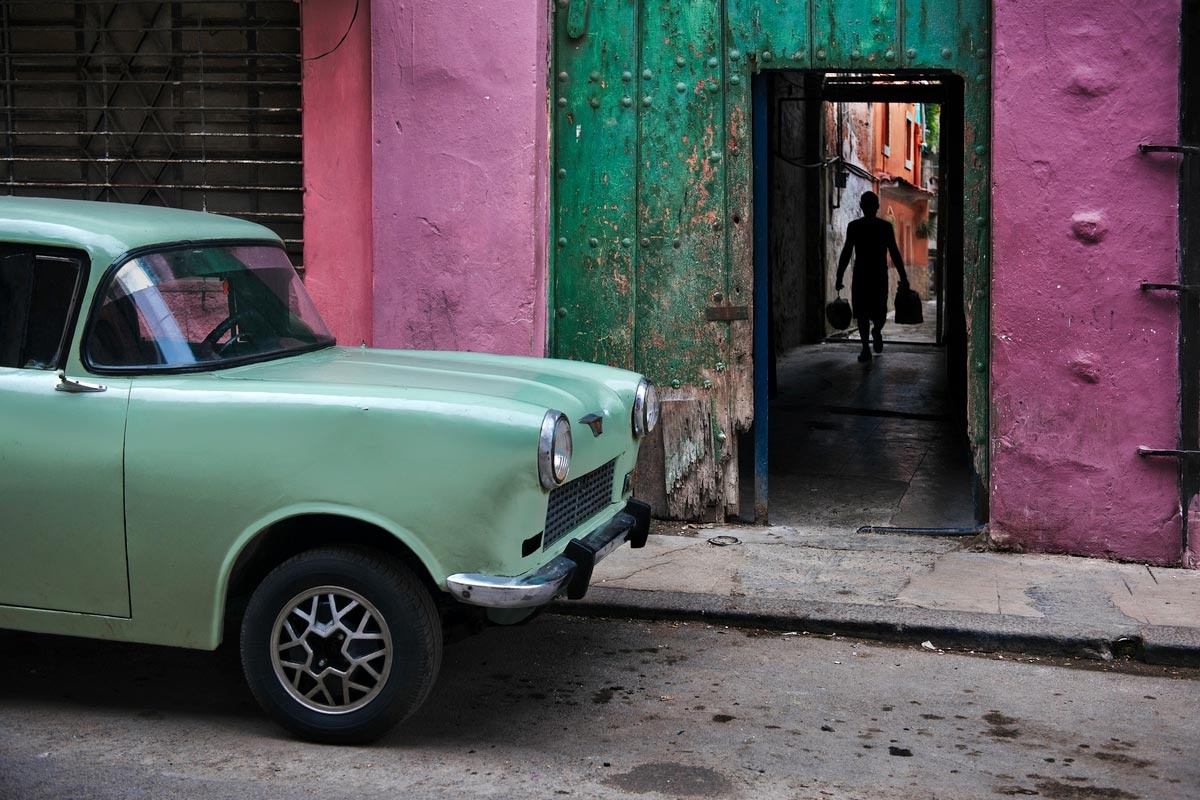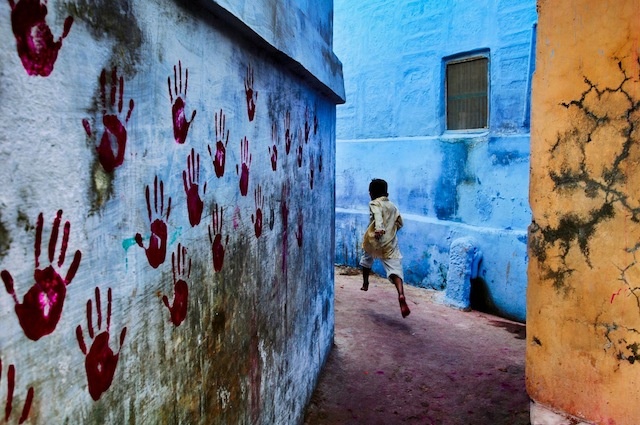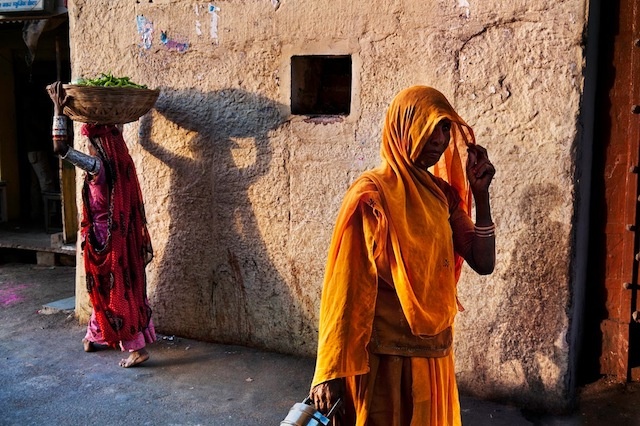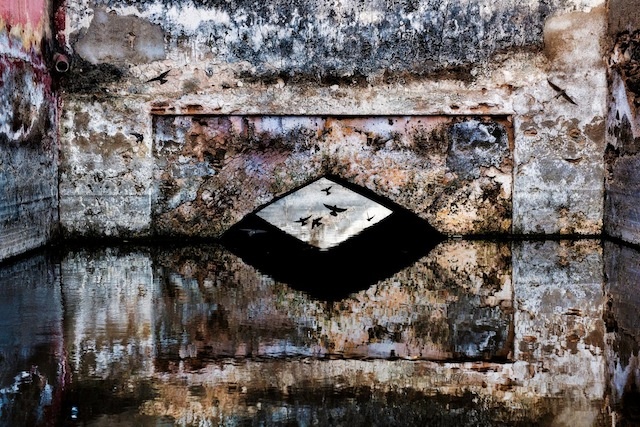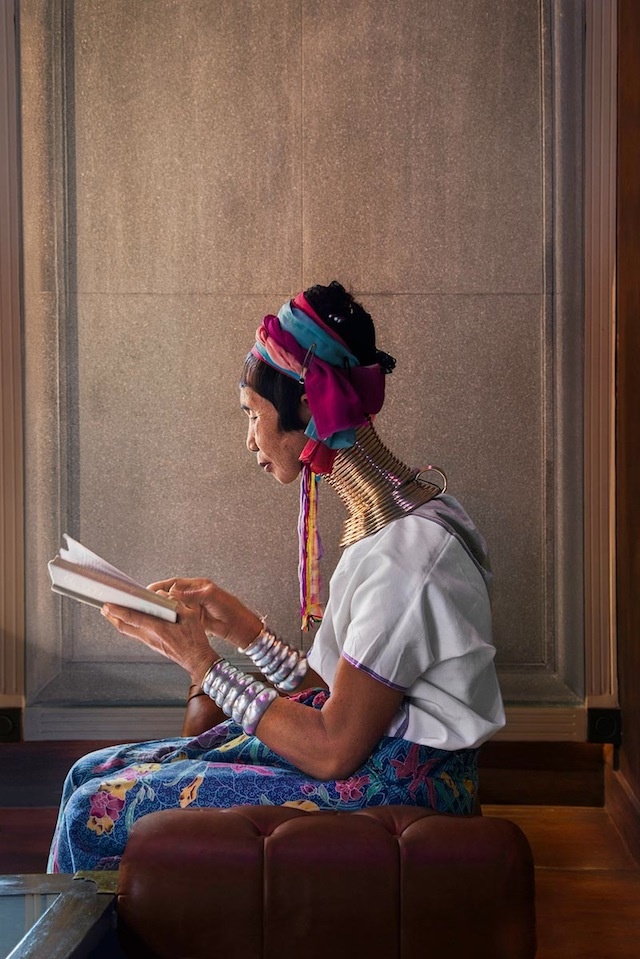
Annons

Steve McCurry: Not at all, in fact the contrary. I don’t think that has ever occurred to me.I guess you worked in Afghanistan for a long time. How do you feel the situation in the country has changed since the Soviet war?
It’s always a dangerous place, and there has always been ongoing fighting. Any time you’re in a combat situation it is dangerous. I think in the beginning there was a lot of good will towards foreigners, or to pretty much anybody who was willing to support or help the people there – basically the West, or effectively, pretty much anyone aside from the Soviet Union. India, Europe, China and the US – all of them were welcomed. Now, there is obviously opposition in Afghanistan; the Taliban see the West and NATO as the enemy so by virtue of my birth, they now see me as the enemy. Before they were taking hostages and asking for ransom, now they just kill you for political reasons.
Annons
All these places, war zones, present different problems. Afghanistan, Iraq during the Gulf War, places like Beirut, or Cambodia. But yes, perhaps Afghanistan was the most dangerous. When I was there back in 1979-80 with Mujahideen fighters I was often days from help, out on location, perhaps two days from the nearest road, often with men who were not well trained and with whom you had a lot of communication problems – language barriers. You were being bombed with mortars and artillery and aircraft, and you’re with a bunch of ragtag fighters, who were certainly brave, but maybe short on training.Was anywhere more unco-operative?
Yeah, Iraq back in… Well actually, any time in Iraq was impossible, particularly under Saddam Hussein. There was little or no co-operation. There was a very tense relationship with the press back then. You could hardly work in Baghdad, or whatever.

Yeah, I have been sabotaged in the sense you were not able to leave your hotel or do work. I wouldn’t say I was a hostage, but I was a captive, I would say.You have a huge amount of experience of the outcomes of political and international affairs on the ground from the time you've spent in war zones. How has that affected your relationship with politics?
There are so many different issues, I ultimately think that people want to be respected, and places where you have war there is often a power struggle; in the case of Lebanon, it was between the Christian faction and the Syrians, or the Muslim faction or the Palestinians. In the case of Afghanistan, it was what’s now the Taliban, or Pushtan against some other ethnic divisions. Places like Kashmir; it’s the Muslims against the Hindus. It usually boils down to a power play. I don't know if that answers your question, but the reality is that I think that sometimes, somebody wants to just take control and take the power, and they want it by any means.
Annons
I think you always want to work in a margin of safety. I think somebody who is a reporter or photographer needs to be working with good people, translators and guides, assistants who understand the situation. You want to be careful. So yeah, I think that’s the way I’ve always tried to operate, it's not just sort of winging it. Obviously places like Syria or Libya are risky, but you still want to try to work in the margin of safety as best as possible.
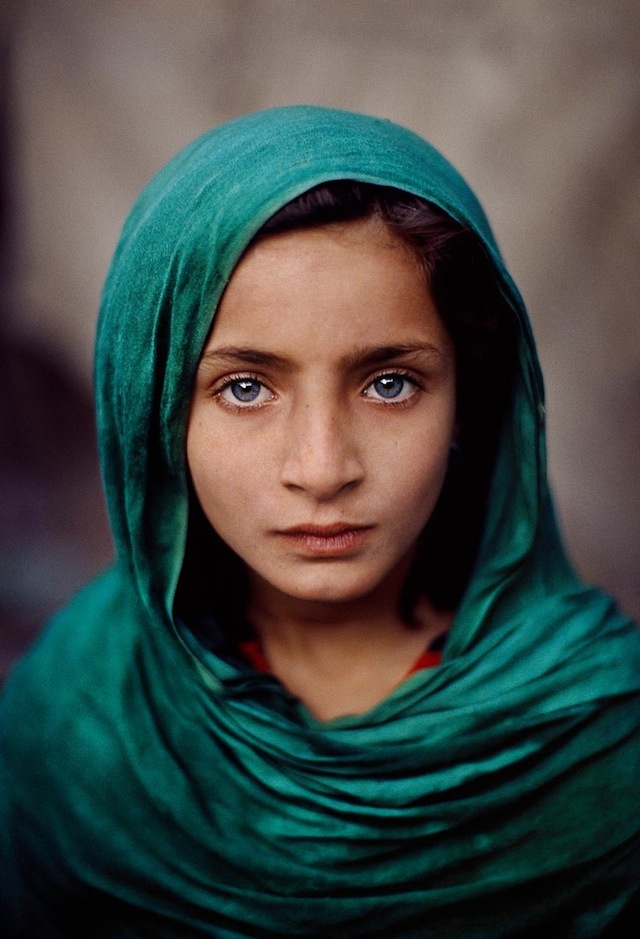
One time I misjudged a situation with the small plane in Yugoslavia, which the guy crashed into a lake. That was… well, I don’t know. There is always a balance you’re trying to achieve when you’re in these places. On the one hand, you do have to take some sorts of risks, you can't be too timid. But you need to calculate the risks, you weigh the situation and sometimes it’s a bit random, you’re never quite sure. It’s not an exact science, because everything keeps shifting. But you do your best and you just hope for the best. You can be killed walking on the street in London or New York, you know?
Annons
I think with more experience you realise the precarious nature of working in dangerous places, and perhaps you’re a bit naïve at the beginning and you don’t understand all the aspects or dimensions or possibilities of what you are dealing with. I don’t think you ever get used to it, or get comfortable with it. The way you deal with it may change, but I don’t think you ever become desensitised. It’s never routine. If you’re telling a story or reporting a situation you have to manage your work you send in and manage it in the best way possible. But no, I don’t think you ever get used to it. I think violence and war is always horrific.Thanks, Steve.Click through to see more photography by Steve McCurry.


